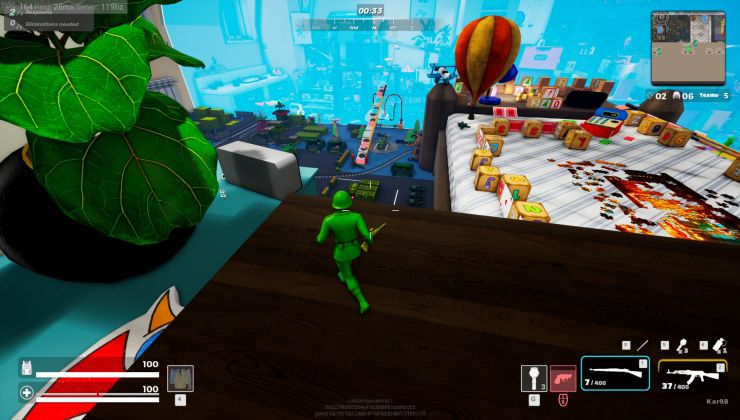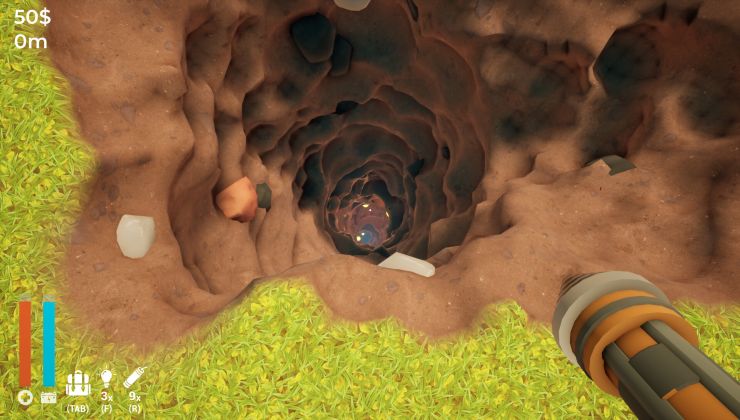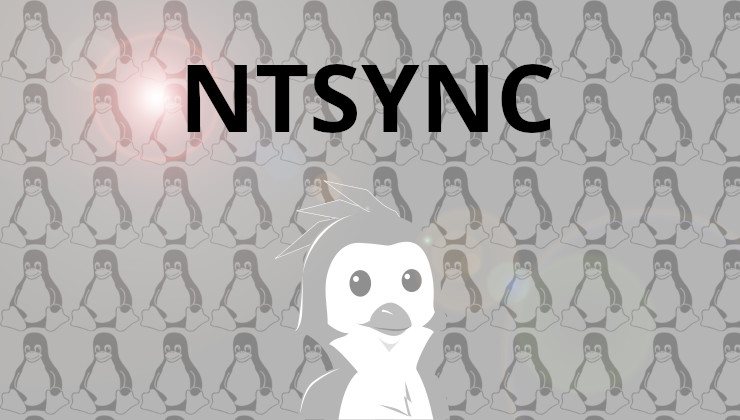Canonical has announced a change in the packaging defaults for the various "flavours" like Kubuntu, Ubuntu MATE, Ubuntu Budgie and so on to exclude Flatpak and stick with Snap. Yes that's flavours, not flavors but also flavors in the announcement.
This is no doubt going to be a hot topic, because name me a more intense argument in the Linux world than packaging. While Flatpak has been gaining many fans lately, partly because it's included as the official way to install extra packages in Desktop Mode on the Steam Deck, Canonical are sticking to their own Snap.
So what's going on? In short: Ubuntu flavours will no longer have Flatpak enabled or setup by default. However, users can still do it themselves as they're not being removed from any repositories. It's all about the out of the box experience, with Canonical and the flavours now sticking to deb and snap to maintain their focus on what is actually properly supported by them and gets the most attention.
Users who have Flatpak installed won't see any changes, it's just the out of the box new-install experience as of April 2023, with the release of Ubuntu Lunar Lobster.
This is, after all, why we have different distributions isn't it? They're free to make whatever decisions they wish, and people who don't like it can go elsewhere, or just change the defaults to their liking — Linux is open and configurable unlike certain other systems. Do what you want.
So while it's going to be controversial, it's not exactly a big deal is it? Sort of. It's still making the desktop Linux experience quite messy, especially for newer users since there's no single way of installing things across different Linux distributions. You can't usually just point people to this thing and say get that, unless you first know the exact distribution they're on.
If you have thoughts you can comment on the announcement and let them know.
I will continue using Kubuntu.
But is it snap or flat that can't update an app while it's running, leaving those utterly annoying reminders as notifications?
Because, burn THAT thing.
Last edited by Beamboom on 23 Feb 2023 at 12:35 pm UTC
TV there's Canonical's logo on the screen and I hear TV say:" This is not a drill. I repeat this is not a drill. All hail the new overlord of the world:Mark Shuttleworth,Canonical!! Oh man! Does that mean that an era of Microsoft is over tomorrow and everybody is using Linux?Maybe!
But is it snap or flat that can't update an app while it's running
Flatpak can do that. No idea for snaps.
Last edited by MayeulC on 23 Feb 2023 at 12:59 pm UTC
I'm not sure why Canonical doesn't want to have flatpak installed out of the box, but they sometimes do strange decisions, like Mir or Unity. Not bad projects but they were the only one using them and dropped them after some time.
The packaging is something that should be addressed across all distributions. But in case of Flatpaks, Snaps or AppImages it's just about adoption downstream, which is more difficult for deb, rpm etc..
But in case of snaps I'm not sure if there is anyone packaging apps as snaps outside Canonical.
Canonical need to support their LTS versions of Ubuntu and the different flavors. That *includes* everything offered in the Snap store, since Snaps and the Snap store are officially supported.
Flatpaks are *not* officially supported, because Canonical doesn't run Flathub.
Flatpaks are not going away, they just aren't going to be officially supported (Use at your own risk sort of thing). Which is fine.
Ubuntu forks/spinoffs like Mint and Pop_OS will currently continue to support Flatpaks out of the box.
The flip side of the argument is that, if you don't want to be wrapped up in the Snap ecosystem, then Ubuntu and its flavors probably isn't going to be your Linux distro of choice anymore. Fortunately the Linux (and Ubuntu-based) ecosystem is rather large, and Ubuntu forks/spinoffs like Pop_OS and Mint are still a thing.
I can't say I have a stake in this, but it's interesting to ponder that Ubuntu seems to have a habit of betting on the wrong horse, Mir and upstart, for example.
I wish that people would stop bringing up Upstart in discussions like these. Upstart predates systemd by 4 years and was at the time the best candidate to replace the ancient SysVinit which is why many, including Red Hat and Chromebooks, move over to Upstart.
Also, since I'm not a Canonical hater, I also do not see any problem with this. Other distros don't promote Snap, so why Canonical had any obligation to support a competitor option?
In the end, I will not be affected by this so, whatever.
I have strong opinions on this topic, and found solace in Arch and Fedora.Yeah, me too.
Happily sticking with Ubuntu.
I'm not sure why Canonical doesn't want to have flatpak installed out of the box, but they sometimes do strange decisions, like Mir or Unity. Not bad projects but they were the only one using them and dropped them after some time.I'm not sure why people keep bashing Canonical of doing "bad" or "strange" decisions/projects all the time.
Upstart was there before anyone even heard about that second weird thing called systemd. But it is Canonical who is the bad guy yet again for choosing their own path?
Oh c'mon...
Last edited by Boldos on 23 Feb 2023 at 1:34 pm UTC
Do you guys know of any good KDE-based distro, as close to Ubuntu as possible (since most native games are tested on it and I love Deb packaging / user-friendliness) but without Snap ?
Well, I'm using Debian. The Bookworm version would probably your best bet currently, it's the "testing" version to be released in the next months. I'm using KDE.
Last edited by Eike on 23 Feb 2023 at 2:05 pm UTC
I have strong opinions on this topic, and found solace in Arch and Fedora.
Same, if I use an Ubuntu based distro I just uninstall snapd. Heck I usually don’t even use flatpaks.
Last edited by itscalledreality on 23 Feb 2023 at 2:06 pm UTC
I'm not sure why Canonical doesn't want to have flatpak installed out of the box, but they sometimes do strange decisions, like Mir or Unity. Not bad projects but they were the only one using them and dropped them after some time.I'm not sure why people keep bashing Canonical of doing "bad" or "strange" decisions/projects all the time.
Upstart was there before anyone even heard about that second weird thing called systemd. But it is Canonical who is the bad guy yet again for choosing their own path?
Oh c'mon...
Actually even snap is "kinda" older than flatpak. And Unity pretty much preceded Gnome Shell.
Do you guys know of any good KDE-based distro, as close to Ubuntu as possible (since most native games are tested on it and I love Deb packaging / user-friendliness) but without Snap ?
Install Kubuntu and type
sudo apt purge snapd
I remember that in LTS they usually have really old version of flatpak, so some things didn't work as they should anyway.
I'm not sure why Canonical doesn't want to have flatpak installed out of the box, but they sometimes do strange decisions, like Mir or Unity. Not bad projects but they were the only one using them and dropped them after some time.
In a nutshell (yes I am simplifying): Unity came before Gnome Shell. Upstart came before systemd. Snap came before flatpak. Even Bazaar came before git (if just by a few days). And while Wayland came before Mir it still has issues 15 years after its inception. In other words: Canonical frequently addressed issues and provided solutions which were then succeeded by other (often better) alternatives. Still, the constant flaming is just tiring and often enough unfounded.
As for the topic at hand: Dropping OOTB flatpak support of Ubuntu spins is an absolute "non-issue" which is completely blown out of proportion. One can still do
sudo apt install flatpak and every standard Ubuntu user had to do that for the past couple of years.













 How to set, change and reset your SteamOS / Steam Deck desktop sudo password
How to set, change and reset your SteamOS / Steam Deck desktop sudo password How to set up Decky Loader on Steam Deck / SteamOS for easy plugins
How to set up Decky Loader on Steam Deck / SteamOS for easy plugins
See more from me